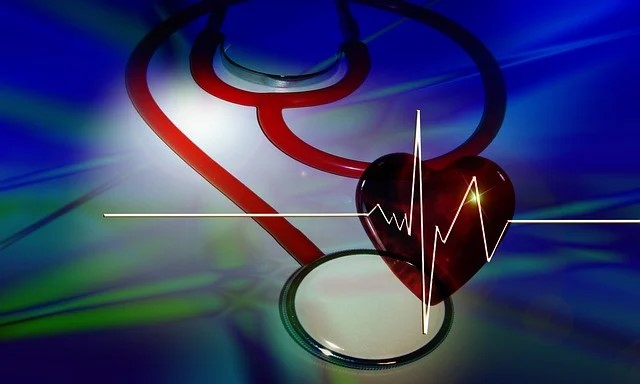
Hypoglycemia Linked to QT Prolongation in Type 2 Diabetes
Severe hypoglycemia is associated with an increased risk of QTc prolongation in individuals with type 2 diabetes, emphasizing the importance of glycemic management and monitoring to prevent adverse cardiac events in this population.
December 2022

Exercise Counteracts Diabetes Damage Through Antioxidant Mechanisms
Exercise induces the release of natural antioxidants and promotes angiogenesis, mitigating the damaging effects of diabetes on vascular health and providing insights into the therapeutic benefits of physical activity in diabetes management.
December 2022

Sodium Intake Reduction in Heart Failure: Insights from SODIUM-HF Trial
The SODIUM-HF trial investigates the impact of reducing dietary sodium intake to less than 100 mmol in heart failure patients, providing valuable insights into the potential benefits of sodium restriction as a part of comprehensive heart failure management strategies.
December 2022

Long-Term Diabetes Prevention Trial Shows Metformin and Lifestyle Interventions Ineffective in Reducing Major Cardiovascular Events
Neither metformin nor lifestyle interventions reduce major cardiovascular events in the long term, despite their efficacy in preventing diabetes, highlighting the need for alternative strategies to mitigate cardiovascular risk in high-risk populations.
December 2022

Predictive Markers for Fatty Liver Disease and Associated Metabolic Conditions
Fatty liver disease is associated with various metabolic disorders, including type 2 diabetes and cardiovascular diseases, underscoring the importance of identifying predictive markers to facilitate early intervention and risk stratification.
December 2022

Comparable Outcomes Between CT and Invasive Coronary Angiography for Stable Chest Pain
The risk of major adverse cardiovascular events is similar between computed tomography (CT) and invasive coronary angiography in patients with stable chest pain, highlighting the potential of non-invasive imaging modalities for risk stratification in this population.
December 2022

Avocado Consumption and Cardiovascular Health: Protective Effects Revealed
Higher intake of avocados is associated with a significantly lower risk of total cardiovascular disease (CVD) and coronary heart disease (CHD), suggesting potential cardioprotective effects of avocado consumption and its role in promoting cardiovascular health.
December 2022

Sedentary Lifestyle Linked to Heightened Stress Reactivity
Sedentary behavior is associated with increased cardiovascular, inflammatory, and cortisol reactivity to acute psychological stress, highlighting the potential impact of physical activity interventions on stress management and overall health.
December 2022

Type 2 Myocardial Infarction Associated With Unrecognized Coronary Artery Disease
Type 2 myocardial infarction often occurs in the setting of unrecognized coronary artery disease and left ventricular dysfunction, emphasizing the challenges in diagnosis and management of non-atherosclerotic myocardial infarctions.
December 2022
















